Units generated:
ACCU
Purchased by:
Commercial in confidence
Project proponents:
Forico
Land management activities:
Conversion of short-term pine plantation to long-term cycle
Verification doc
Clean Energy Regulator Register
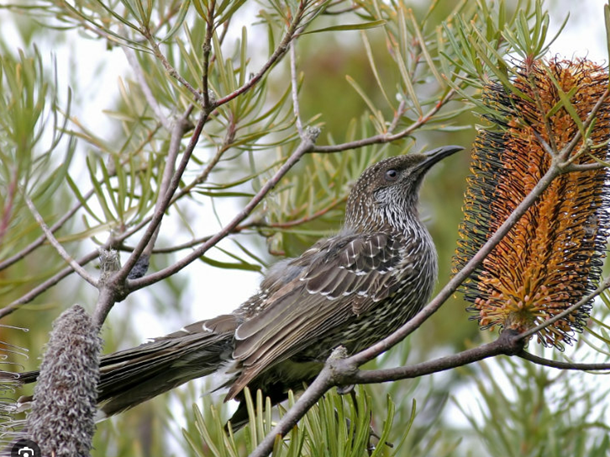
Tasmania
Active
Units generated:
ACCU
Purchased by:
Commercial in confidence
Project proponents:
Forico
Land management activities:
Conversion of short-term pine plantation to long-term cycle
Verification doc
Clean Energy Regulator Register
Forico is Tasmania’s largest private forestry company, and currently manages over 80,000 hectares of natural forest across the north of the state. Forico runs Forestry Stewardship Council-certified plantation forestry projects, while also managing the natural environment of these areas to enhance biodiversity conservation. Under FSC certification, Forico’s plantations are subject to third-party audits to demonstrate the delivery of high-impact ecosystem services within the plantations.
Forico’s landmark Natural Capital Report was first released in 2020, and provides a systematic accounting framework for the ecological assets – including biodiversity and carbon sequestration – that are under their stewardship. In FY22, plantations under Forico’s stewardship sequestered 4.8 million tonnes of CO2-e.
The project has a lifespan of 25 years, with managed thinning of different species within the plantation area between 8 & 15 years before harvest at 25 years where a CO2 sequestration peak is achieved. The thinning is managed in such a way as to increase productivity of the ecosystem, and to improve carbon sequestration. Post-harvest, the carbon storage is ongoing. Interspersed between the production areas of the plantation, is a mosaic of carbon coupes – areas of natural forest that provide connected habitat for fauna & flora.
Riparian protection practices are also undertaken throughout the estate, resulting in improved water quality and providing sediment control. The project aims to improve the habitat of the Little Wattlebird (pictured above). Coops are dispersed throughout the project area to ensure permanent habitat. Audits are to be conducted in years 1, 8 & 16 of the project to ensure that the wattlebird population is not being adversely affected.
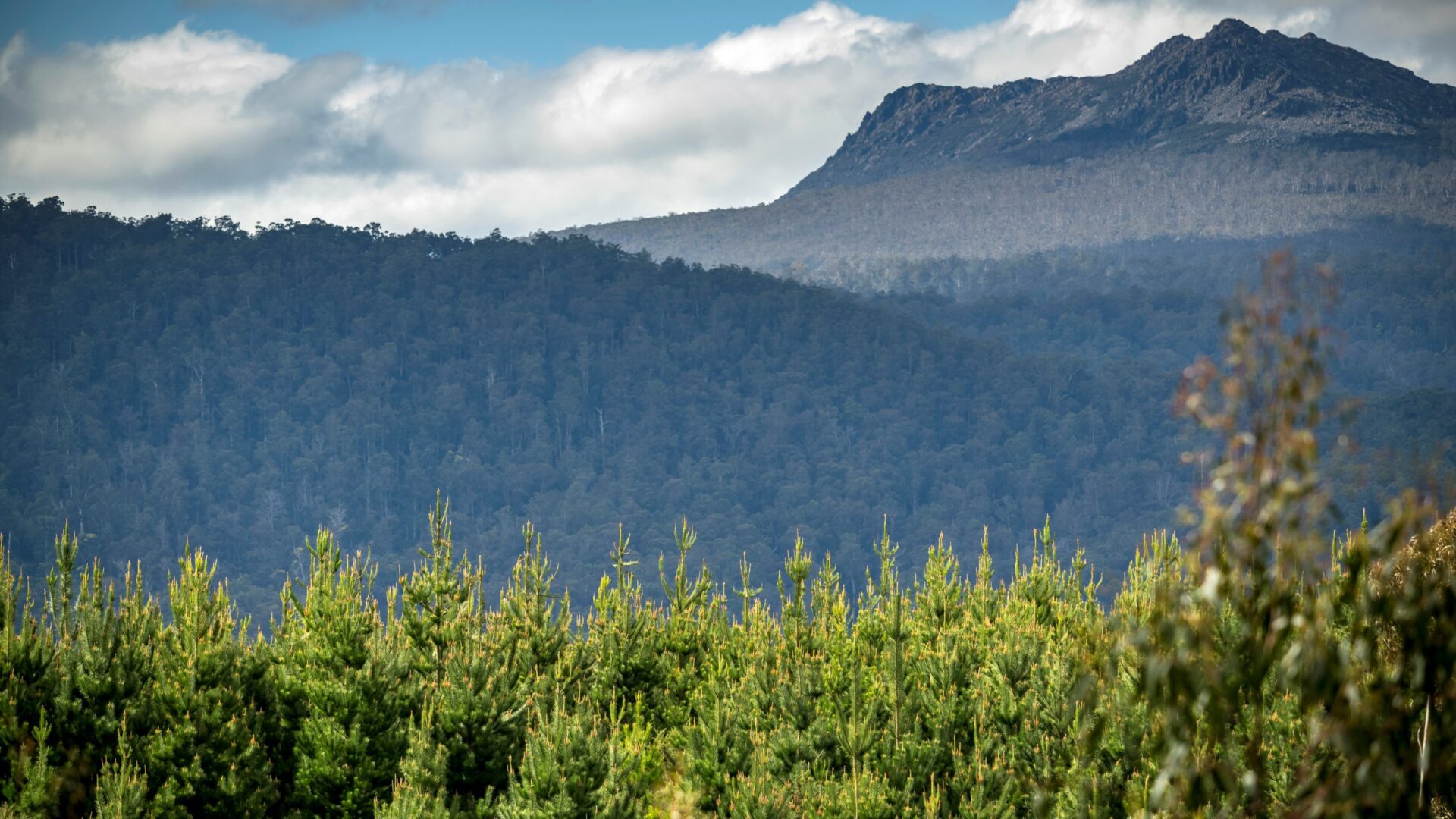
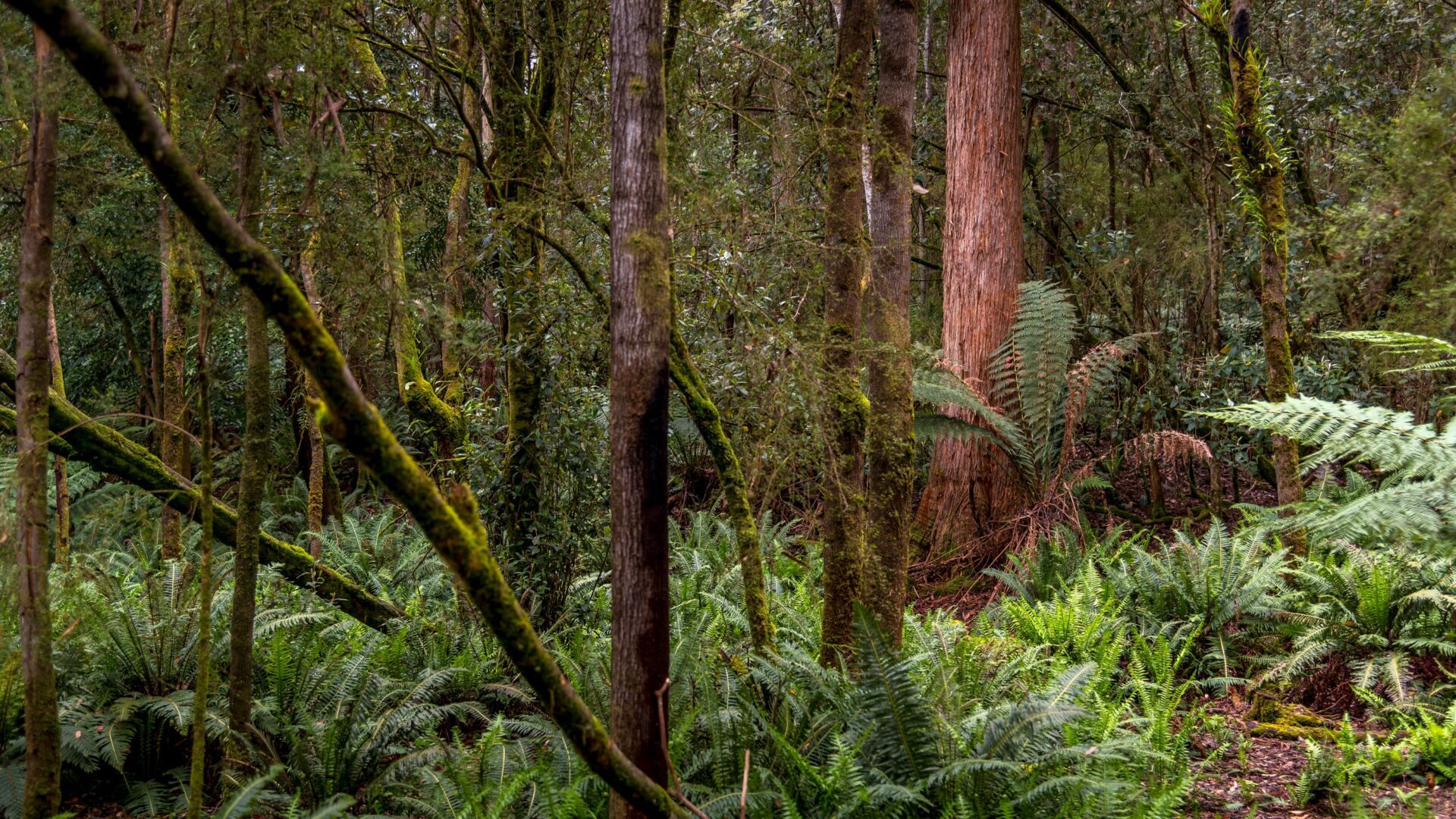
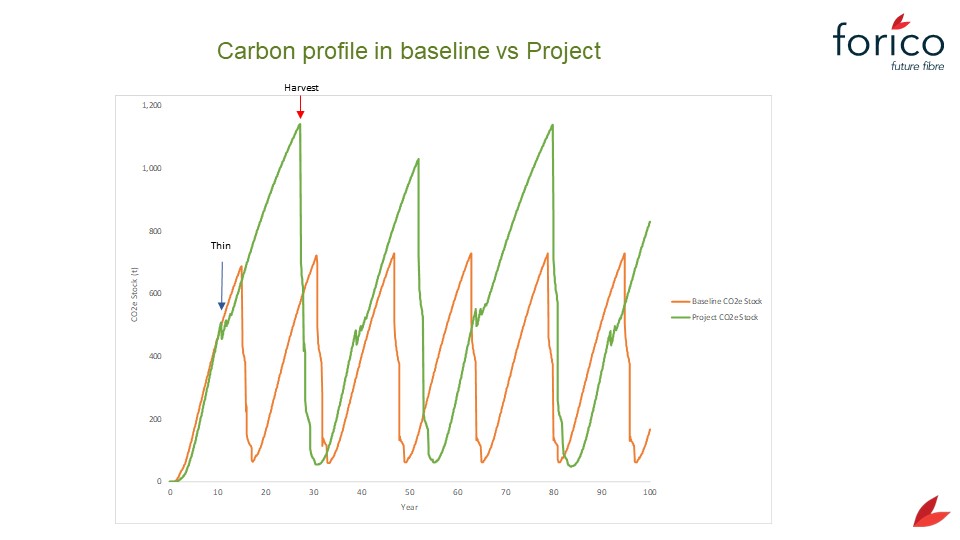
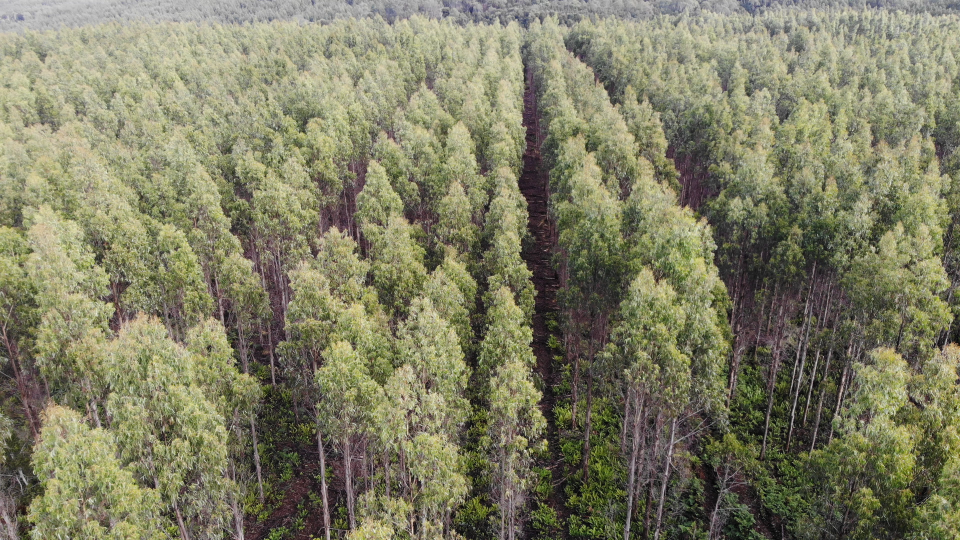
Lead Contact
Simon Cook
Sustainability Manager
Address
16 Techno Park Drive, Launceston, Tasmania 7250